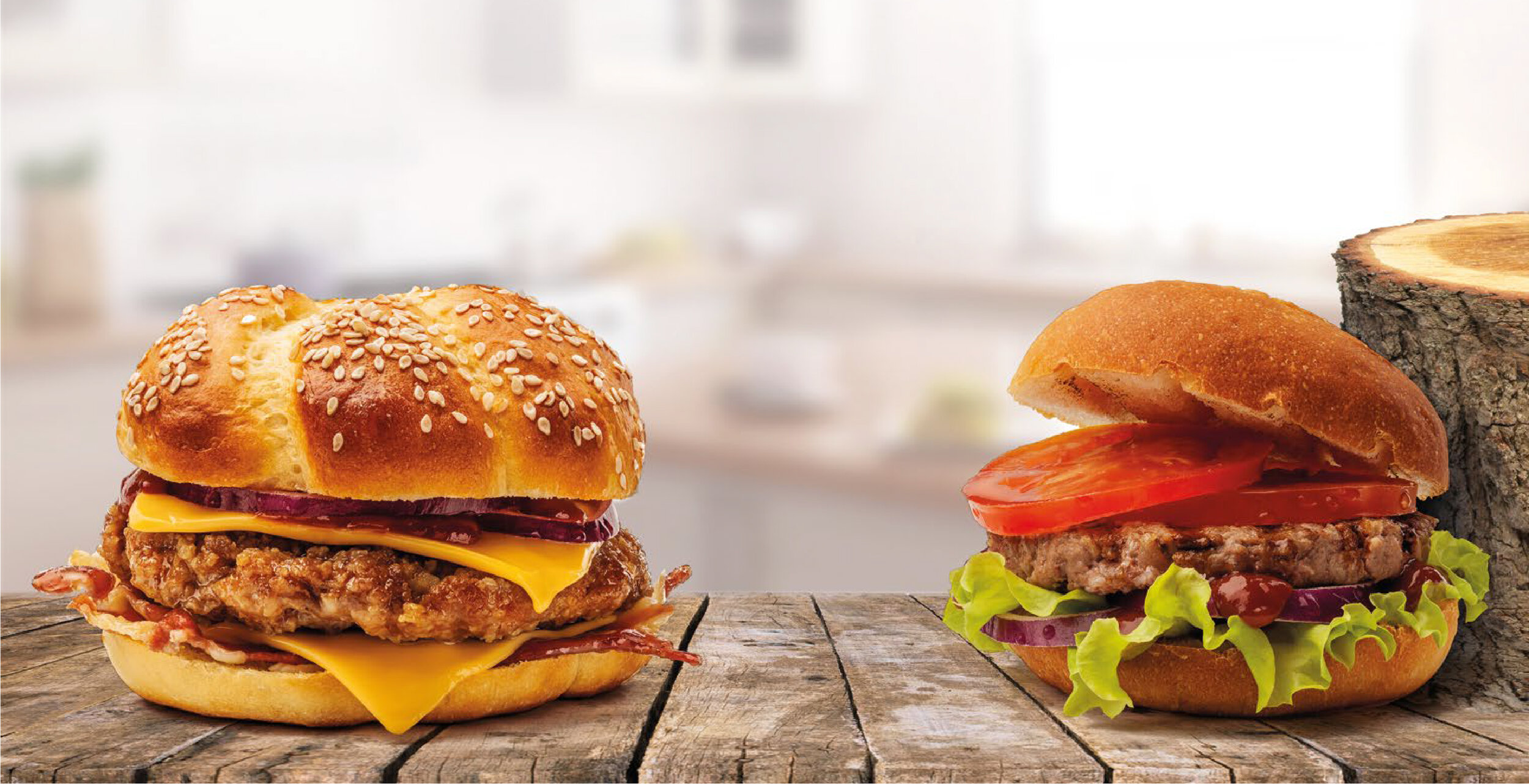
MEAT
BENEFITS OF USING FIBER IN MEAT:
ECONOMIC
• Yield improvement
• Reduction of fat absorption during frying
• Acting as a good filler and bulking agent
• Yield improvement during production
• Reduction of manufacturing costs
• Partial replacement of functional ingredients such as allergens like Soy, etc.
TECHNOLOGICAL
• Improvement of texture
• Improvement of stability
• Reduction of ice crystal formation during freezing
• Shelf life extension in some applications
• Binding properties, including leakage reduction during storage
• Improved freeze-thaw stability
• Better firmness
CONSUMER
• Improvement of mouthfeel and texture
• Improvement of nutritional profile
• Better texture
• CLEAN label for the consumer

$$$
How Fiber Can Reduce Production Costs in MeatFiber addition to meat product raises efficiency of the production process. Advantages of fiber application, such as water binding, noticeably improves yield of the process. Another benefit of introducing fiber into the meat production process is the possibility of partial replacement of meat with fiber.
See how our fiber can make a difference in the quality of hamburgers and meatballsour fiber plays a key role in the Meat industry.
Injection Brines:
Retained juiciness of the product
Enhanced texture
Limited appearing of gel pockets
Better muscle binding
Lower weight losses during heat treatment
Limited leakage when vacuum packed
Constant quality
Meatballs & burgers:
Limited losses during heat treatment
Improved freeze-thaw stability
Increased yield
Reduced shrinking during frying
Enhanced texture
Better firmness
Neutral taste and flavour
Constant quality
Cuttered Products:
Limited leakage in hot sausages
Fat substitute
Efficiency improvement
Better filling cohesion and stability
Enhanced casings' filling
Improved texture and bite
Constant quality
Reduced leakage when vacuum packed
WITH VS. WITHOUT
FIBER
We’ve put together a general evaluation of meat products with and without fiber injected. The following data points are a combination of a blind test
HAM
+0.4% POWDERED CELLULOSE FIBER
SAUSAGE
+0.74% WHEAT FIBER
BACON
+0.27% BAMBOO FIBER
HAMBURGER
+1.2% POWDERED CELLULOSE FIBER
MEATBALL
+4.4% OAT FIBER


















